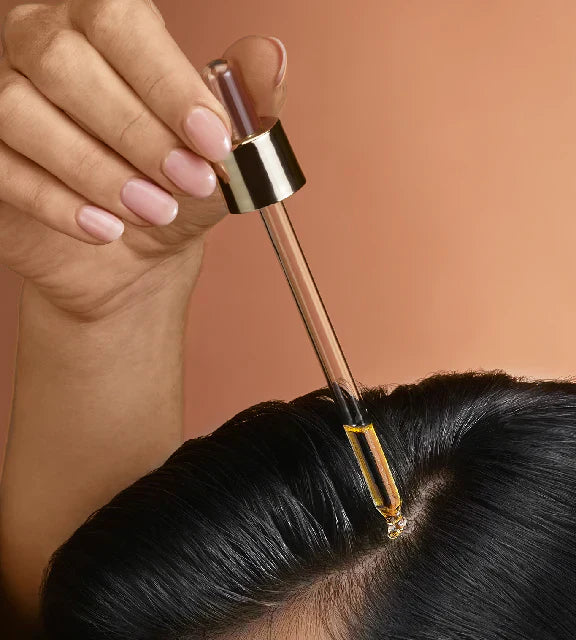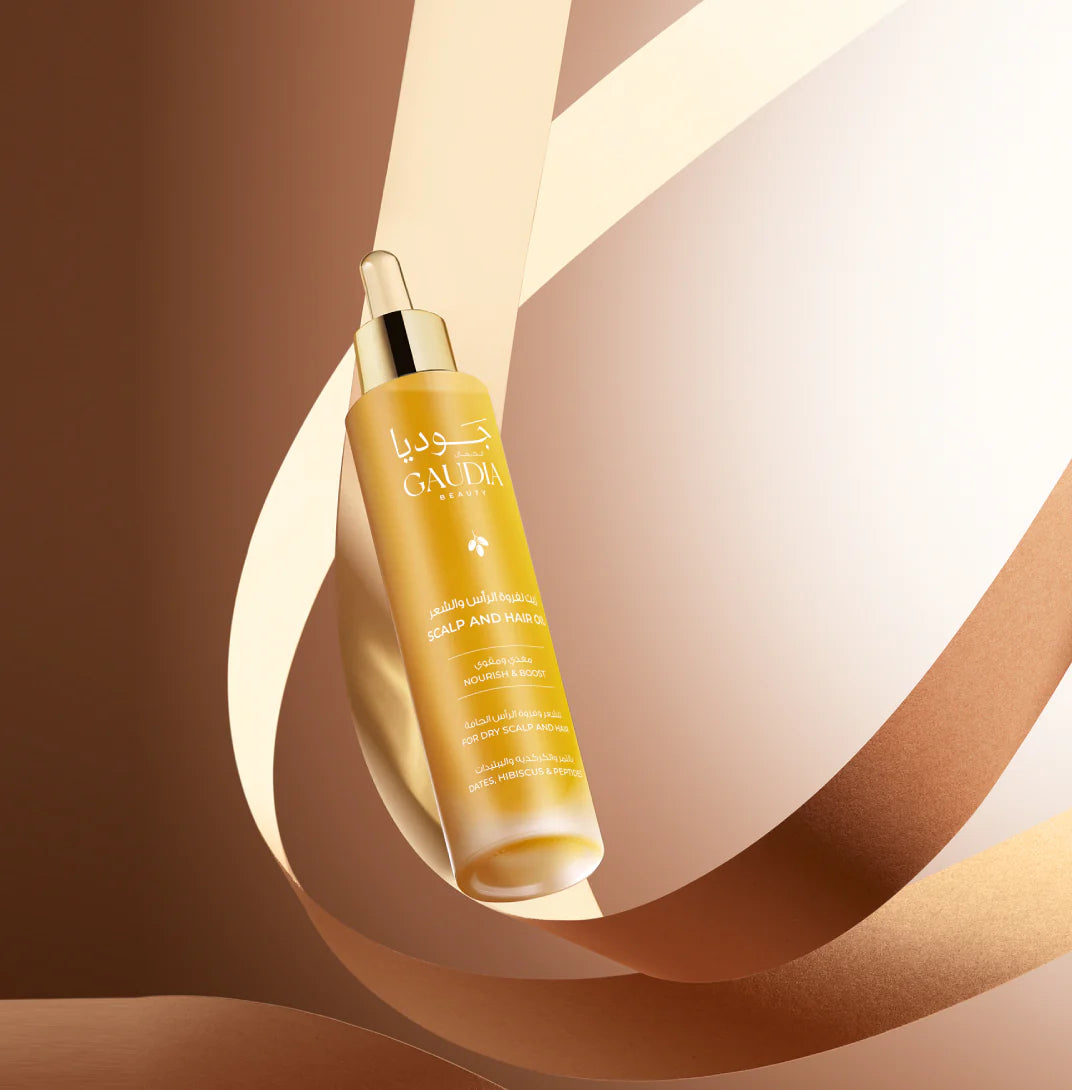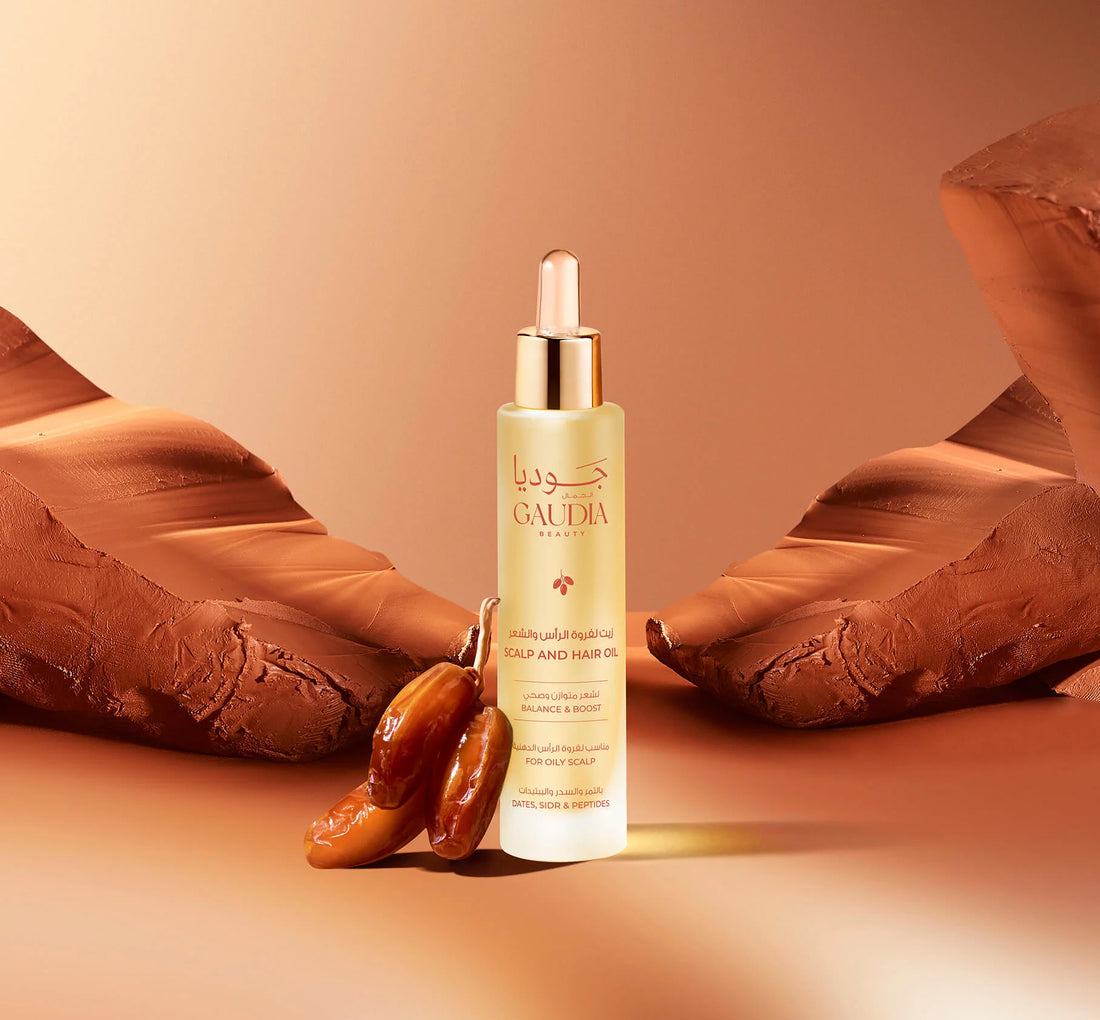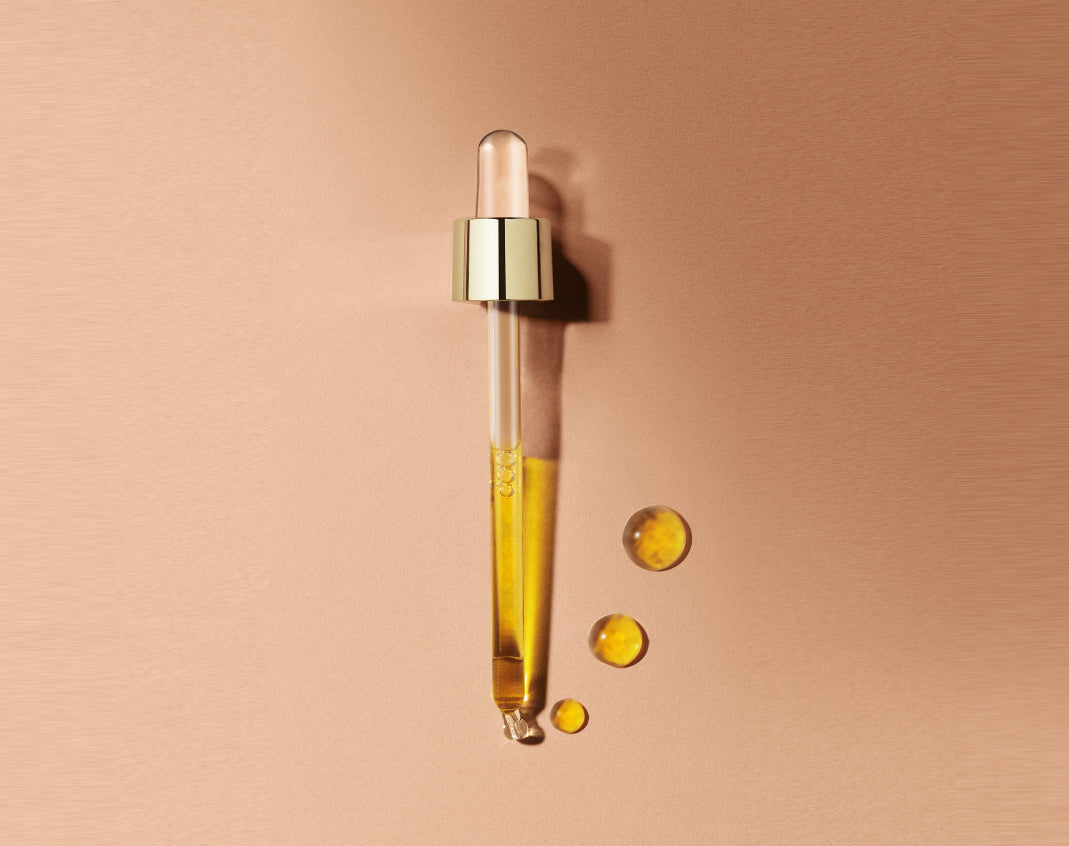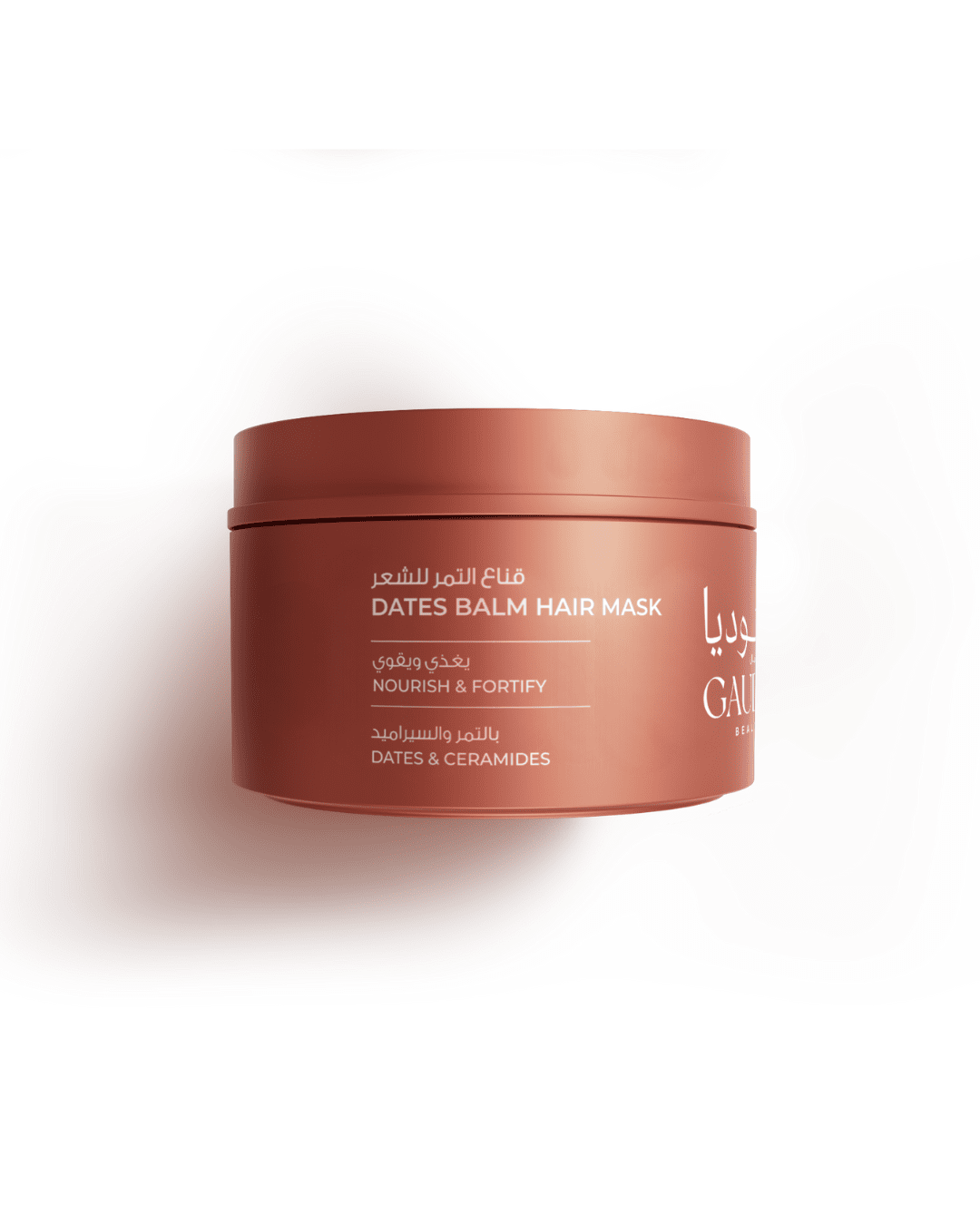Understanding your hair and scalp type is crucial for selecting the right products and creating a routine that keeps your hair looking its best. This guide will help you identify your natural hair type, thickness, and scalp condition, so you can confidently choose the products that will give you healthy, shiny hair.
1. What is your natural hair type ?
Your natural hair type is the texture your hair takes on when it air-dries without the influence of styling products or tools. Here's how to determine yours:
a. Straight Hair:
If your hair dries without any bends or curls, then you have straight hair. It lies flat from the roots to the tips and tends to be smooth and shiny.
b. Wavy Hair:
If your hair dries with a slight curve or s-shape, then your hair type is wavy. Wavy hair has more texture and volume than straight hair but is not as defined as curly hair.
c. Curly Hair:
If your hair dries with springy ringlets or corkscrew curls, then you have curly hair. Curly hair often has a lot of volume and can be prone to frizz.
d. Coily Hair:
If your hair dries with dense spirals or zig-zag patterns, then your hair type is coily. Coily hair is tightly curled and may appear more compact, with a lot of texture.
2. What is your Hair Thickness?
Hair thickness refers to the diameter of individual hair strands. Knowing your hair thickness helps in selecting the right products for volume, moisture, and styling needs.
a. Fine Hair:
If your hair struggles to hold curls and tends to fall flat quickly, you likely have fine hair. Fine hair is delicate and can be more prone to breakage.
b. Medium Hair:
If your hair is relatively easy to style and holds its shape for a reasonable amount of time, you have medium hair thickness. This hair type is versatile and can handle a variety of styles.
c. Coarse Hair:
If your hair holds curls well but can be more challenging to style due to its thickness, then you have coarse hair. Coarse hair is strong and resilient but can sometimes feel less smooth.
Bonus: All our Gaudia Beauty products are suitable for every hair type and thickness.
3. How does your scalp feels the day after washing?
Your scalp condition can fluctuate based on factors like weather, diet, and stress. However, understanding your scalp’s general behavior will guide you toward the right products and routines.
a. Dry Scalp:
- If your scalp feels tight, itchy, or uncomfortable the day after you wash your hair, and you find yourself washing every 3-4 days, you have a dry scalp. This type needs extra moisture and gentle care to avoid irritation.
- Recommendation: Try our Nourish & Boost - Scalp and Hair Oil - for normal to dry scalp and hair.This luxurious blend features the healing properties of dates extract combined with 10 natural oils. It deeply hydrates and protects your hair and scalp from environmental and chemical aggressors, while Capixyl™ reduces hair loss and promotes hair growth. Apply it before shampooing for a treatment boost, or use it before drying or styling for added conditioning, leaving your hair shiny, radiant, and fuller.
b. Balanced Scalp:
- If your scalp feels about the same the day after washing, neither too oily nor too dry, then you have a balanced scalp. This is the ideal scalp condition, and it’s important to maintain this balance with regular care.
- Recommendation: Maintain your scalp’s health with a gentle, sulfate-free shampoo that cleanses without stripping natural oils. Consider a bi-monthly scalp treatment with ourNourish & Boost - Scalp and Hair Oil - for normal to dry scalp and hair to keep your hair and scalp hydrated and balanced.
c. Oily Scalp:
If your scalp feels greasy or you feel the need to wash your hair daily, you likely have an oily scalp. An oily scalp can lead to clogged follicles, scalp irritation, and hair thinning.
Our Balance & Boost – Scalp and Hair oil - for Oily Scalp
is designed for you. This formula combines the anti-inflammatory and antioxidant properties of date extracts with the purifying power of Sidr extract. Enriched with Capixyl™, it stimulates hair growth and reduces hair loss, while regulating sebum secretion and restoring the skin barrier. This results in fuller, thicker, and healthier hair overall.
